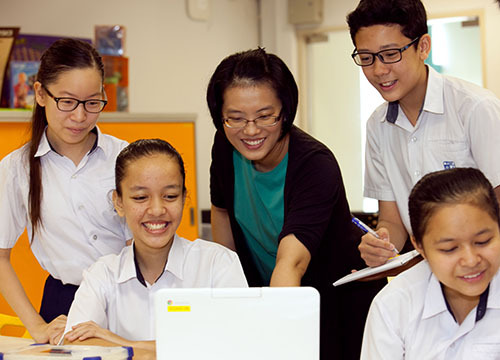
Just imagine schools decades from today – come saranno?
Pak Tee Ng è Dean Associate, Learning Leadership, and the Head of Policy and Leadership Studies Academic Group at the National Institute of Education (NON), Nanyang Technological University (NTU), Singapore. He teaches in the programmes for school leaders (Principal-ship and Head-of-Department-ship), postgraduate programmes for research candidates (Maestro, EdD and PhD) and in the foundation programmes for trainee teachers. He has been a frequent contributor to Il Global Ricerca per l'Educazione. It is our great pleasure to welcome him back to share his perspectives on schools in the future.
Just imagine, Pak Tee, come sarà la scuola del futuro essere più rispettoso dell'ambiente?
Nel mese di dicembre 2015, many nations around the world gathered in Paris and came to a historic agreement to commit to ways in which the world could address climate change. Global climate change is a serious issue that affects everybody. Pertanto, I envisage that environmental issues will be featured quite prominently in future curricula. Students will discuss these issues from the perspective of science, geography or social studies, and how they could protect the environment. They will be involved in environmental protection projects to raise awareness among people or find possible solutions. Per esempio, a Singapore, there are workshops in various schools to help students appreciate various environmental issues and equip them with skills for them to be advocates of environmental protection among their friends, families and in the community. The annual Clean and Green Singapore Schools’ Carnival encourages students, teachers and partners in education to showcase their projects that protect the environment. There is also a School Green Awards (SGA) program that promotes awareness of environmental issues and conservation. This has attracted the participation of many students from primary schools, secondary schools, junior colleges, università, polytechnics and institutes of technical education. These efforts promote awareness among young people to be more environmentally conscious.
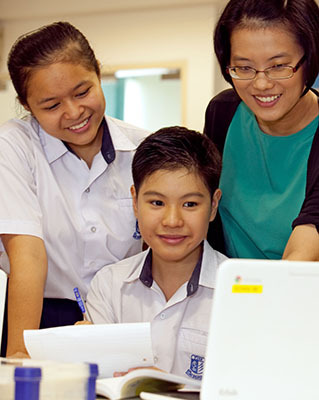
Come sarà la scuola del futuro essere più inclusivo a livello globale?
As the world becomes more globalized, schools will educate students who come from different parts of the world. Pertanto, schools will have to become more globally inclusive. In school, students will have to learn to understand and appreciate different cultures. They will have to learn how to interact with people who are very different from themselves in a mutually respectful way. Infatti, one of the competencies in Singapore’s 21st century competencies framework is civic literacy, global awareness and cross-cultural skills. One of the key educational messages in Singapore is racial harmony. Each year on 21st July, schools observe the Racial Harmony Day, to mark Singapore’s 1964 race riots, and to remind students of the importance of respecting all races and living harmoniously together. In some schools, students are encouraged to turn up for their classes dressed in ethnic costumes. Schools make the effort to remind students to understand and appreciate one another’s culture better.
How will technology be integrated into the curriculum and how will schools handle the integration of continual advancements in technology?
As technology advances and becomes more pervasive in our lives, it is inevitable that schools will have to keep up with technology simply because that is how work is done and how people communicate. Così, the challenge is not about the integration of technology in school. Piuttosto, it is about how technology can be used to enhance the quality of teaching and learning. The focus should not be on how sophisticated a technological tool is. The focus should be on pedagogy and how technology can be used to enhance an existing pedagogy or enable a new and superior pedagogy.
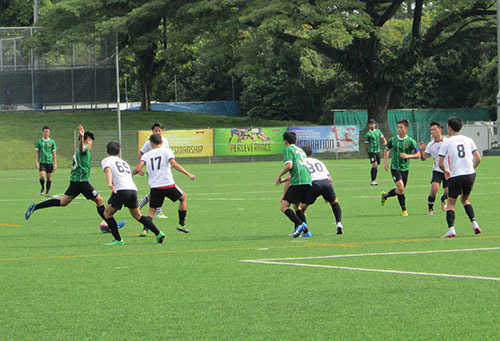
Che cosa resterà di artigianato tradizionale e scrittura?
Traditional craft work will be more valued than before because most products will be made by machines. Pertanto, expert craftsmanship that produces high quality or bespoke products will command a premium. Low skilled or poor quality craft work will be replaced by machine-made products. Writing will still be essential as language is the means of communication among people. The challenge in the future could be the decline of the general quality of handwriting or spelling. We are using keyboards and relying on automatic spell checks too often.
Data l'efficienza di Internet e casa apprendimento, how much time will be needed in school?
I believe students will still go to school for roughly the same amount of time. School is a place not just for acquiring knowledge but to learn soft skills such as communication, teamwork as well as important life skills. Tuttavia, lesson time in school will be more fruitfully used for deep discussions rather than merely information download.
Quanto è importante sarà la presenza di docenti fisici essere?
The presence of physical teachers will be more important than ever before. In the Internet age, there will be a lot of information and misinformation that students can get through the virtual medium. They need skillful teachers to help them process this large amount of material and distinguish good information from misinformation. Teachers have to help students learn how to synthesize information as well as to create useful knowledge and applications. Più importante, teachers need to guide students in the area of cyber-wellness and cyber-ethics.
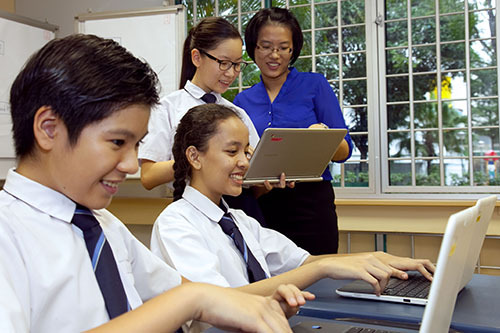
Sarà la tecnologia avanzamento portare a un ulteriore personalizzazione della formazione a singoli studenti o si aumenterà anche la necessità tecnico-burocratico per la standardizzazione?
Paradoxically, technology advancement will lead to further personalization of education to individual students as well as increase the techno-bureaucratic need for standardization. Technology will lead to personalization of education because it enables anytime, anywhere and customized learning modules. Tuttavia, because the quality of online learning modules can be so varied across different platforms, employers will still need some ways of knowing whether the learning through such online modules has been substantial. Learners will also want a proof of the worth of their learning. Pertanto, there will still be a demand for some level of standardization and even certification.
Riusciremo a insegnare agli studenti specifici “soggetti” nelle aule tradizionali, come abbiamo oggi o sarà classi più circa l'apprendimento / ibrido integrato?
Sì, we will still be teaching students “soggetti”. The division of knowledge into “soggetti” is a way of organizing learning. Tuttavia, the knowledge domain of each “subject” will change. Some may even be re-defined. Anche, within a learning program, there will be a lot more integrated and hybrid learning, using real world situations and emphasizing authentic applications. Per esempio, a Singapore, we are implementing a new integration in our health and sports curriculum. Health education and sports are taught to children in an integrative way by connecting health concepts and sporting activities. In playing a sport, students learn about nutrition, hygiene and safety, and plan a fitness program for themselves to enable them to play that sport and stay healthy. Un altro esempio – in a local secondary school, Musica, English and Literature are integrated in a fusion program that allows students to learn all three subjects at the same time and culminates in the production of a school musical.
Di fronte alla crescente tempo speso per dispositivi digitali, come possiamo insegnare le tecniche più pratiche, tra cui far fronte a livelli di stress e conflitti interpersonali?
A Singapore, we emphasize social emotional learning for young people. Teachers guide students to develop their inner world and to learn how to handle themselves, interact with others, and lead a well-balanced life. Within the curriculum of social emotional learning, coping with stress and handling interpersonal conflicts are part of the critical learning that students should go through. In these areas, teachers serve as advisors, mentors or life coaches.
Foto 1, 2 e 4 are courtesy of the Yusof Ishak Secondary School. Foto 3 (soccer game) is courtesy of Pak Tee Ng.
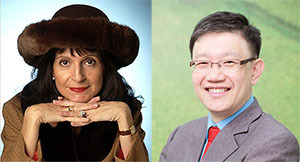

Unitevi a me e leader di pensiero di fama mondiale tra cui Sir Michael Barber (Regno Unito), Dr. Michael Block (Stati Uniti), Dr. Leon Botstein (Stati Uniti), Il professor Argilla Christensen (Stati Uniti), Dr. Linda di Darling-Hammond (Stati Uniti), Dr. MadhavChavan (India), Il professor Michael Fullan (Canada), Il professor Howard Gardner (Stati Uniti), Il professor Andy Hargreaves (Stati Uniti), Il professor Yvonne Hellman (Paesi Bassi), Il professor Kristin Helstad (Norvegia), Jean Hendrickson (Stati Uniti), Il professor Rose Hipkins (Nuova Zelanda), Il professor Cornelia Hoogland (Canada), Onorevole Jeff Johnson (Canada), Sig.ra. Chantal Kaufmann (Belgio), Dr. EijaKauppinen (Finlandia), Sottosegretario di Stato TapioKosunen (Finlandia), Il professor Dominique Lafontaine (Belgio), Il professor Hugh Lauder (Regno Unito), Signore Ken Macdonald (Regno Unito), Il professor Geoff Masters (Australia), Il professor Barry McGaw (Australia), Shiv Nadar (India), Il professor R. Natarajan (India), Dr. PAK NG (Singapore), Dr. Denise Papa (Stati Uniti), Sridhar Rajagopalan (India), Dr. Diane Ravitch (Stati Uniti), Richard Wilson Riley (Stati Uniti), Sir Ken Robinson (Regno Unito), Professor Pasi Sahlberg (Finlandia), Il professor Manabu Sato (Giappone), Andreas Schleicher (PISA, OCSE), Dr. Anthony Seldon (Regno Unito), Dr. David Shaffer (Stati Uniti), Dr. Kirsten Immersive Are (Norvegia), Cancelliere Stephen Spahn (Stati Uniti), Yves Theze (LyceeFrancais Stati Uniti), Il professor Charles Ungerleider (Canada), Il professor Tony Wagner (Stati Uniti), Sir David Watson (Regno Unito), Professor Dylan Wiliam (Regno Unito), Dr. Mark Wormald (Regno Unito), Il professor Theo Wubbels (Paesi Bassi), Il professor Michael Young (Regno Unito), e il professor Zhang Minxuan (Porcellana) mentre esplorano le grandi questioni educative immagine che tutte le nazioni devono affrontare oggi.
Il Global Ricerca per l'Educazione della Comunità Pagina
C. M. Rubin è l'autore di due ampiamente lettura serie on-line per il quale ha ricevuto una 2011 Premio Upton Sinclair, “Il Global Ricerca per l'Educazione” e “Come faremo a Leggere?” Lei è anche l'autore di tre libri bestseller, Compreso The Real Alice in Wonderland, è l'editore di CMRubinWorld, ed è un disgregatore Foundation Fellow.
Segui C. M. Rubin su Twitter: www.twitter.com/@cmrubinworld

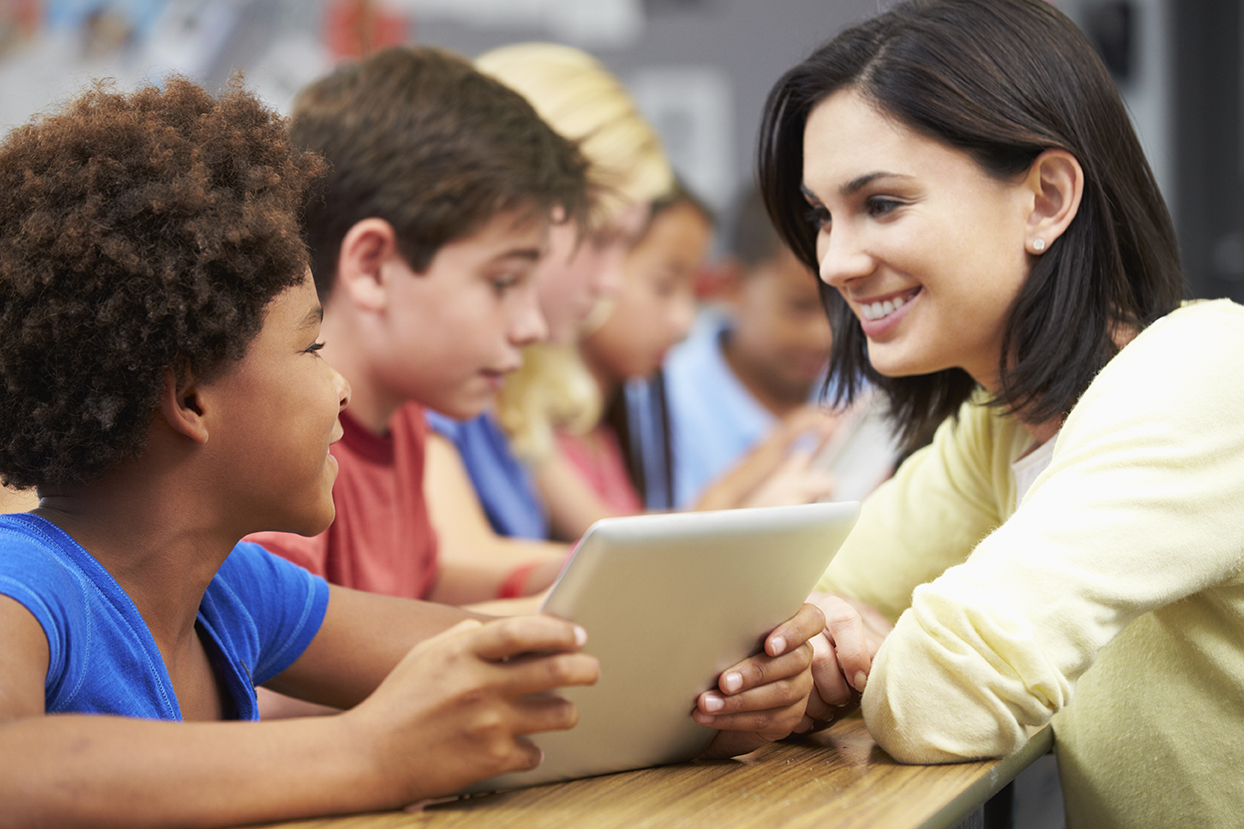
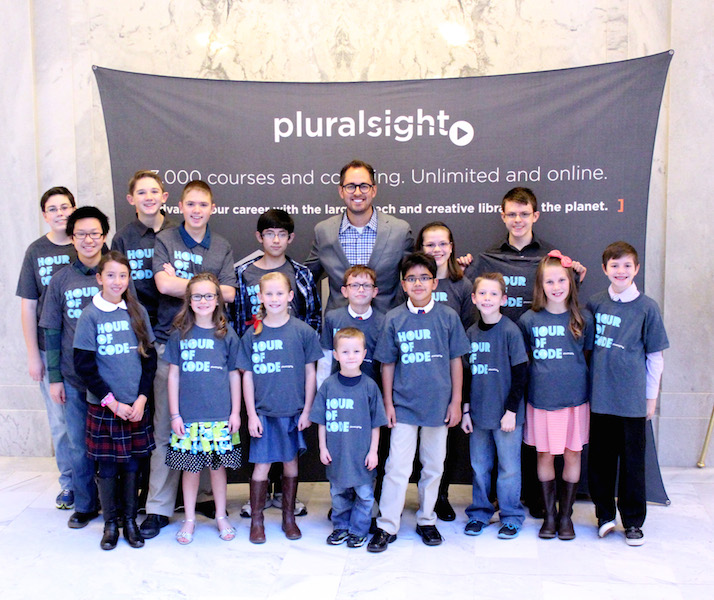
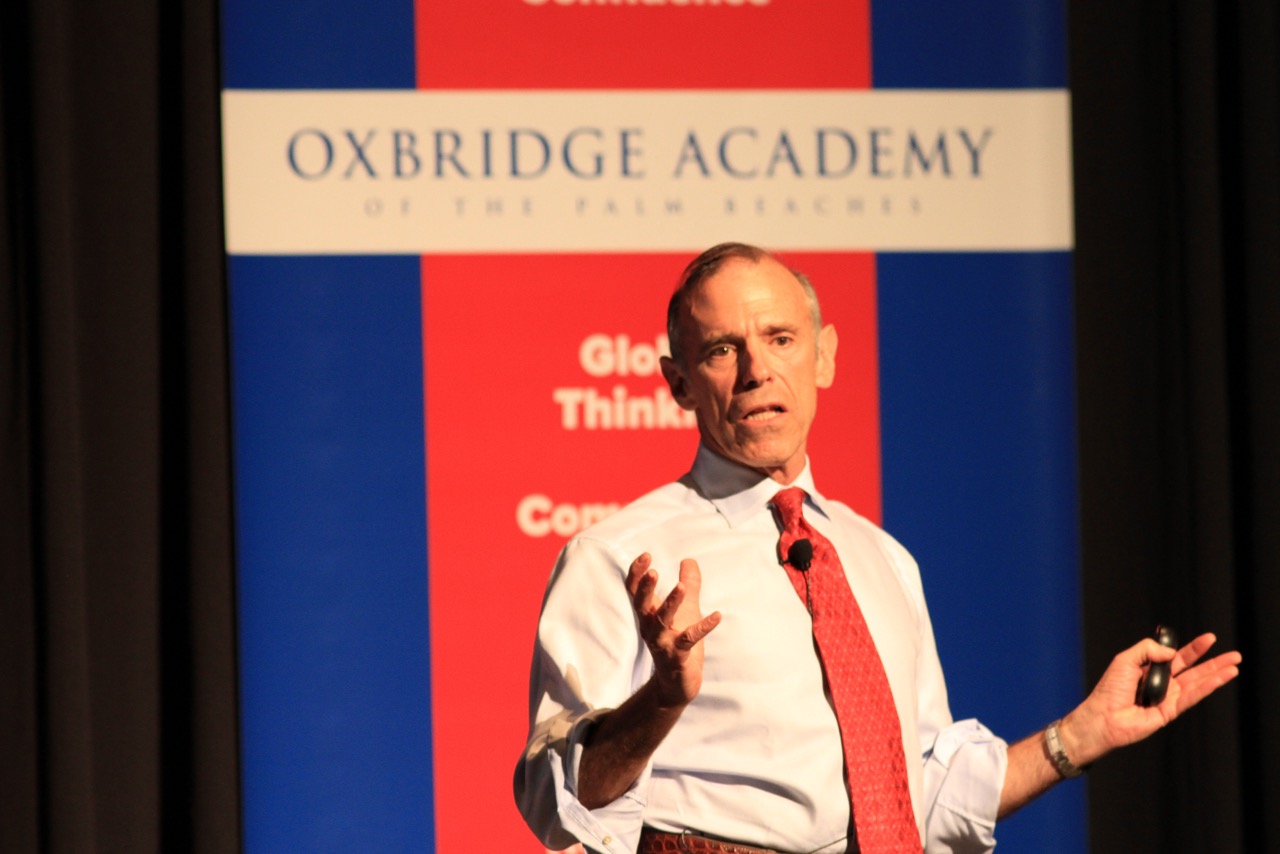
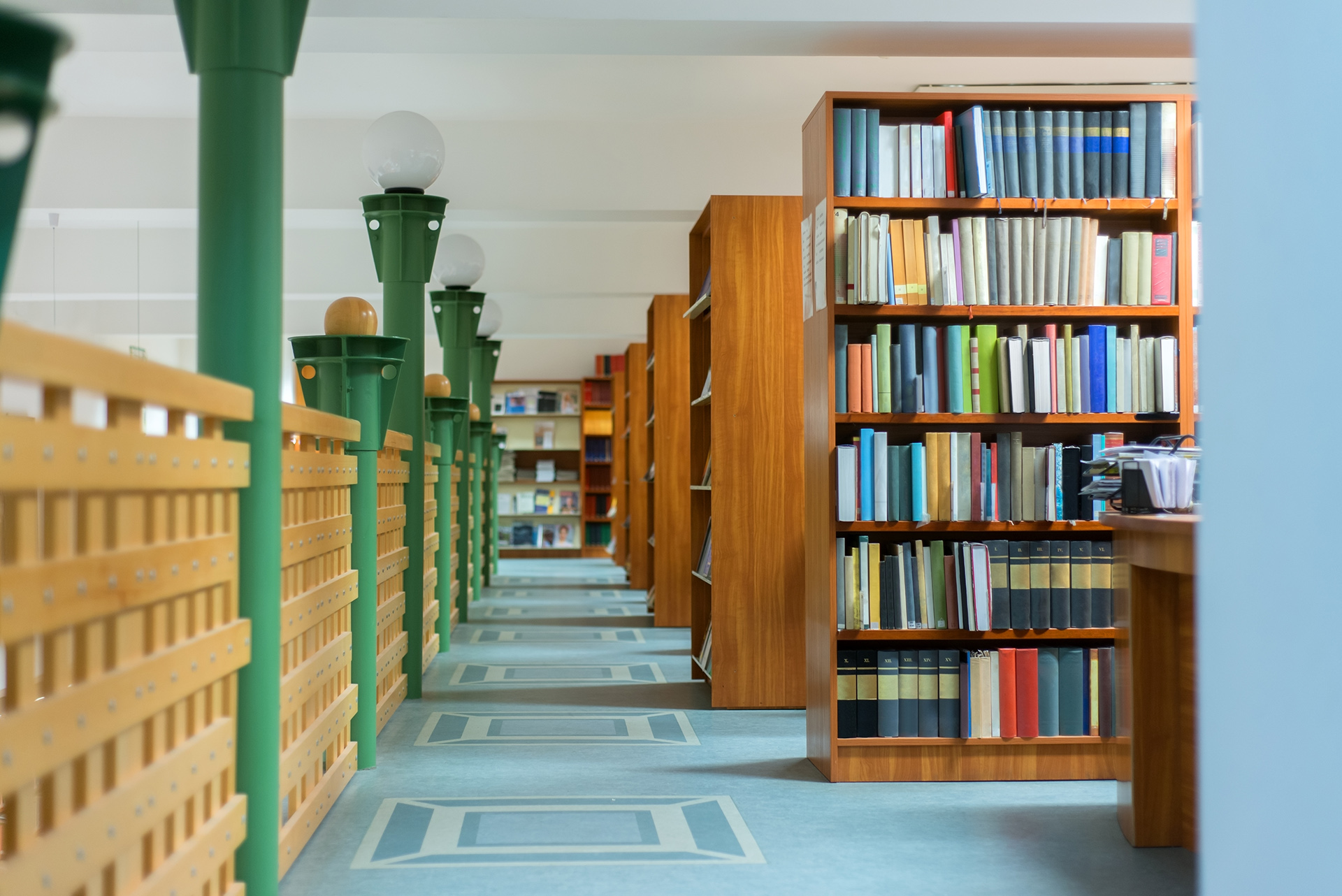
Commenti recenti